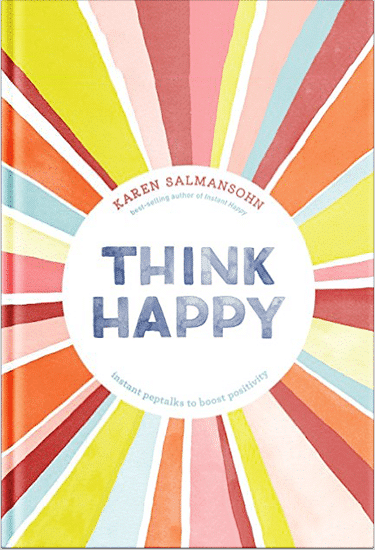 Whether you have self-diagnosed or a medical doctor has diagnosed you with a co-occurring disorder (aka: dual diagnosis), it’s always imperative to find out which disorders you are suffering from.
Whether you have self-diagnosed or a medical doctor has diagnosed you with a co-occurring disorder (aka: dual diagnosis), it’s always imperative to find out which disorders you are suffering from.
Learning about yourself, your dual diagnosis, and the proper treatment programs for the disorders can go a long way in helping you recover fully.
I’m sharing this article because I’m a best-selling wellness author – known for my health-boosting longevity book, Life is Long.
Inside my book I share a range of health tips. In this article I will be focusing on helpful coping strategies for people who are struggling with a dual diagnosis.
5 Coping Strategies for Dual Diagnosis
This article looks at 5 coping strategies for dual diagnosis to aid your path to recovery.
1. Know the Cause of Your Co-Occurring Disorder
People with mental illnesses and approximately fifty percent of those with severe mental illnesses have substance abuse problems. While that is the case, the occurrence of mental illness and substance abuse doesn’t mean that one condition causes the other. In some cases, the causality differs.
Drug abuse can make an individual experience mental illness symptoms, such as the case of psychosis among users of marijuana. At the same time, overlapping factors like trauma and genetics could cause dual diagnosis.
In that case, finding the right treatment plan can be a challenge as you could end up utilizing your time and resources in finding which disorder affects the other, to determine the right treatment plan. However, a trained professional can help you find a SUD treatment program that best suits your case.
2. Build a Support System
Building a strong support system is like having a safety net during challenging times. Your support network can include friends, family members, support groups, and therapists.
Surrounding yourself with people who understand your struggles and can provide emotional support and encouragement is invaluable. Support groups tailored for individuals with dual diagnoses can be especially helpful, offering a safe space to share experiences, gain insights, and learn from others who have faced similar challenges.
3. Embrace Healthy Coping Mechanisms
Substance abuse often emerges as an attempt to cope with the symptoms of a mental health disorder. To break this cycle, it’s essential to develop healthier coping mechanisms.
Explore stress-reduction techniques like mindfulness and meditation, engage in regular physical activity, and pursue creative outlets such as art or music.
4. Medication Management
In certain cases, medication may play a vital role in managing dual diagnosis. Conditions like depression, anxiety, bipolar disorder, and schizophrenia may require medication to stabilize mood and alleviate symptoms.
It’s crucial to collaborate closely with a psychiatrist as proper medication management can significantly enhance your ability to function well in daily life and actively engage in therapy.
5. Commit to Your Recovery Journey
Recovery from dual diagnosis is a marathon, not a sprint, and staying committed to this journey is paramount. Regularly attend therapy sessions, follow prescribed medication regimens, and make necessary lifestyle changes that support your well-being.
Remember that relapses can occur, but they shouldn’t be seen as failures. Maintain open communication with your support system and treatment providers, especially when facing challenges or setbacks.
Recap: Coping Strategies for Dual Diagnosis
Coping with dual diagnosis is undoubtedly challenging, but it’s crucial to understand that recovery is possible. By knowing the cause of your condition, building a robust support system, embracing healthy coping mechanisms, managing medication as needed, and staying committed to your recovery journey, individuals facing dual diagnoses can work towards a brighter future.
Become The Happiest You
Build happier habits with my book Happy Habits
Think happier. Think calmer.
Think about subscribing for free weekly tools here.
No SPAM, ever! Read the Privacy Policy for more information.
One last step!
Please go to your inbox and click the confirmation link we just emailed you so you can start to get your free weekly NotSalmon Happiness Tools! Plus, you’ll immediately receive a chunklette of Karen’s bestselling Bounce Back Book!



 Whether you have self-diagnosed or a medical doctor has diagnosed you with a co-occurring disorder (aka: dual diagnosis), it’s always imperative to find out which disorders you are suffering from.
Whether you have self-diagnosed or a medical doctor has diagnosed you with a co-occurring disorder (aka: dual diagnosis), it’s always imperative to find out which disorders you are suffering from.